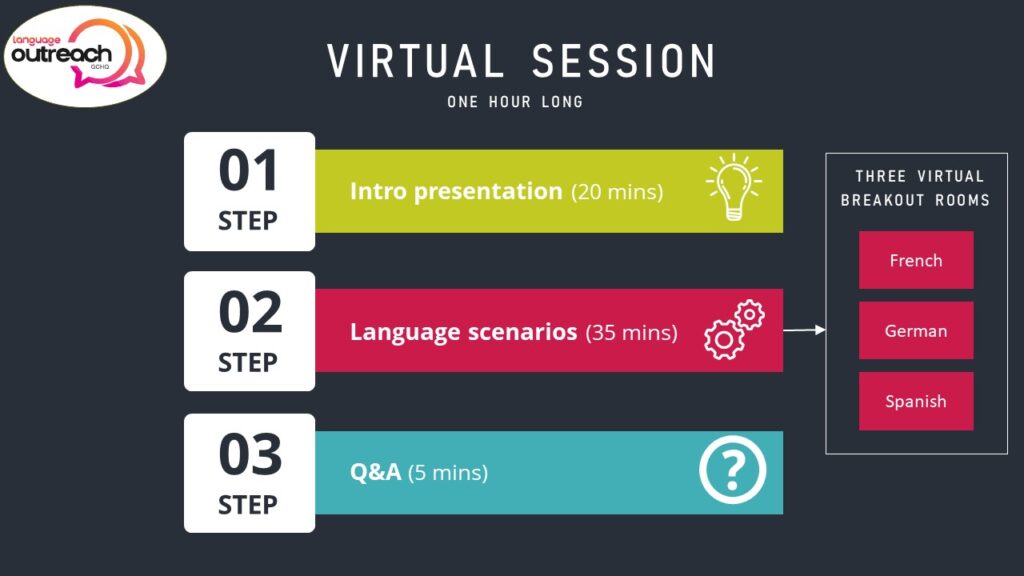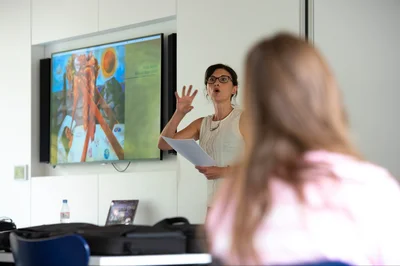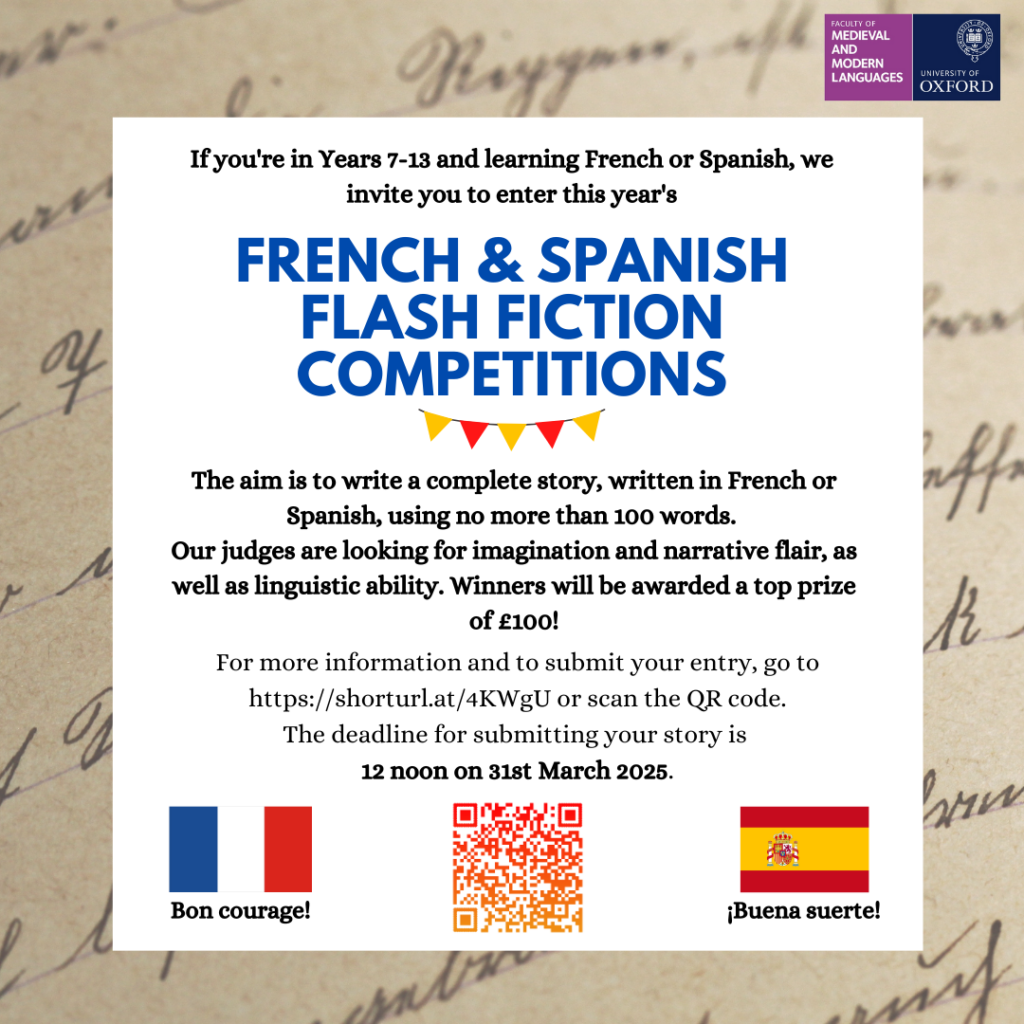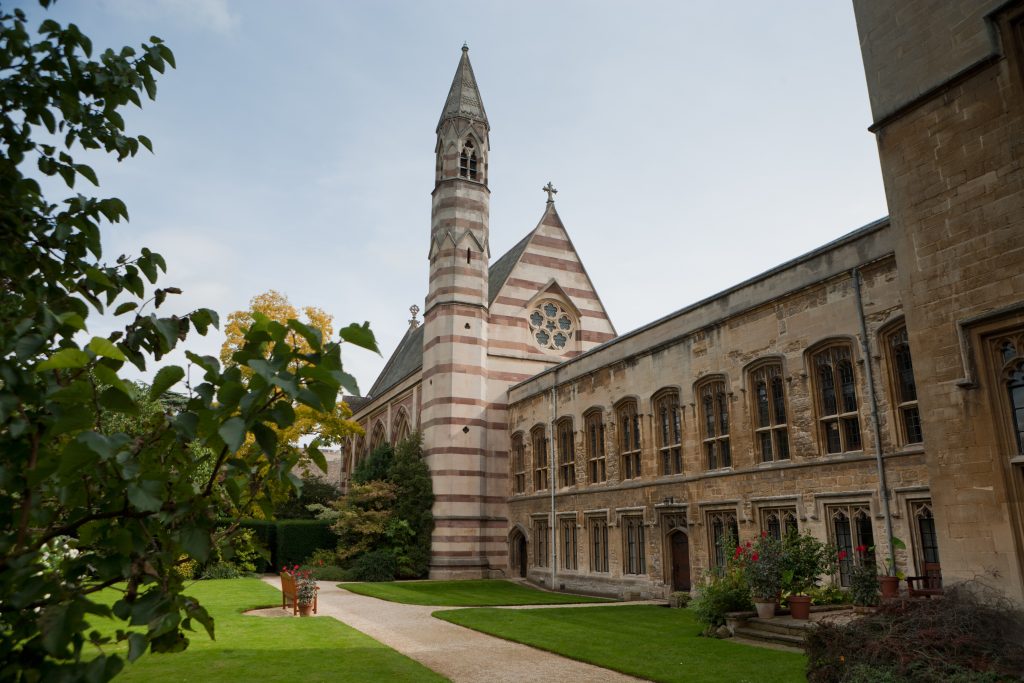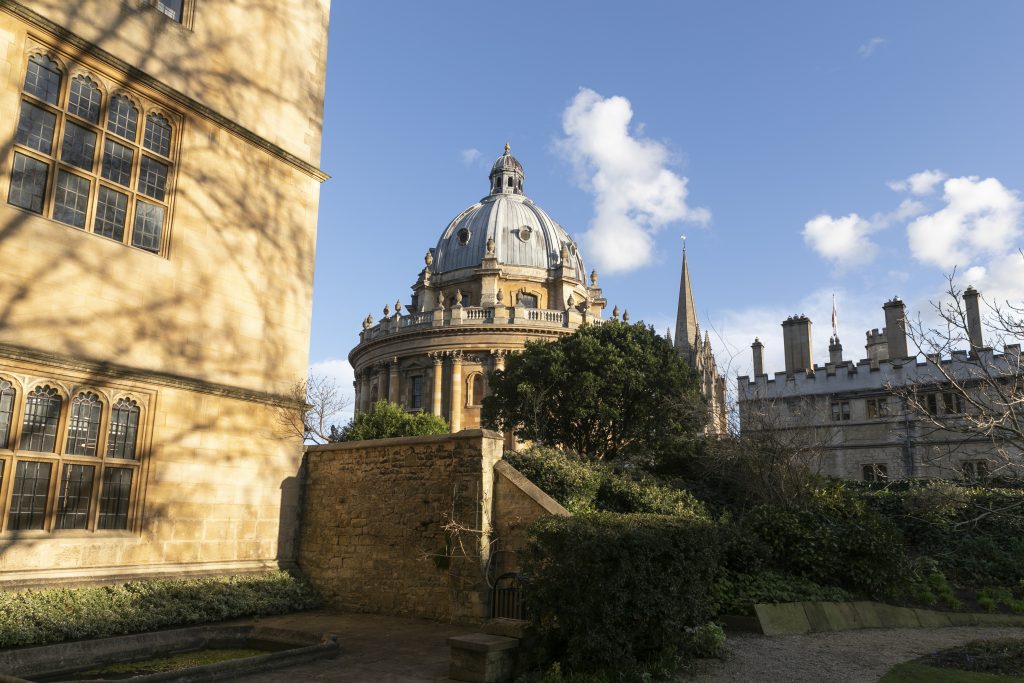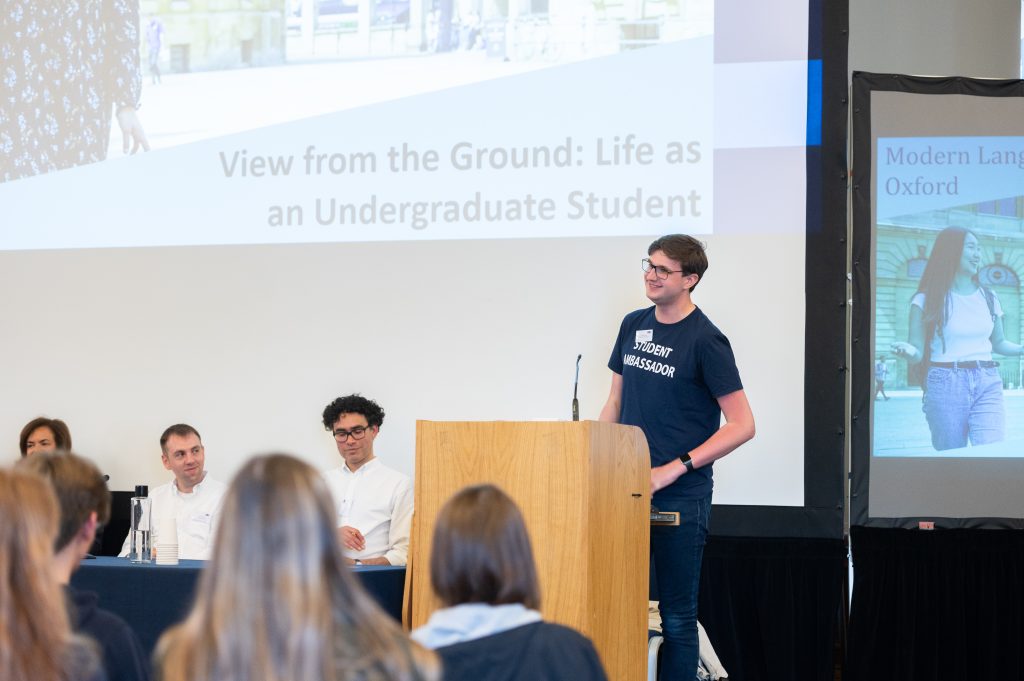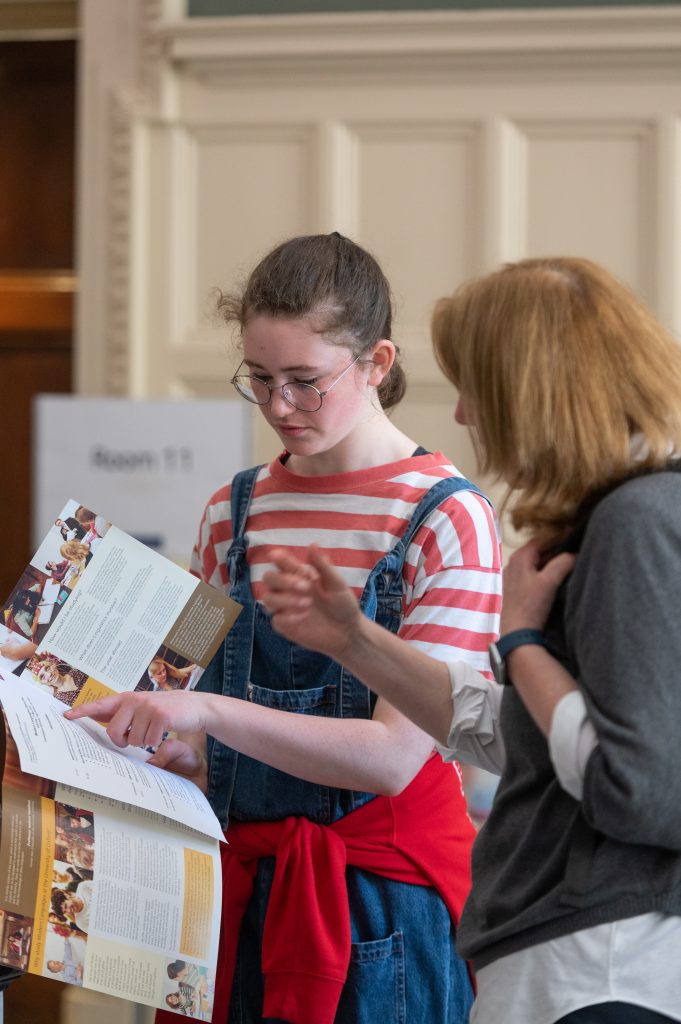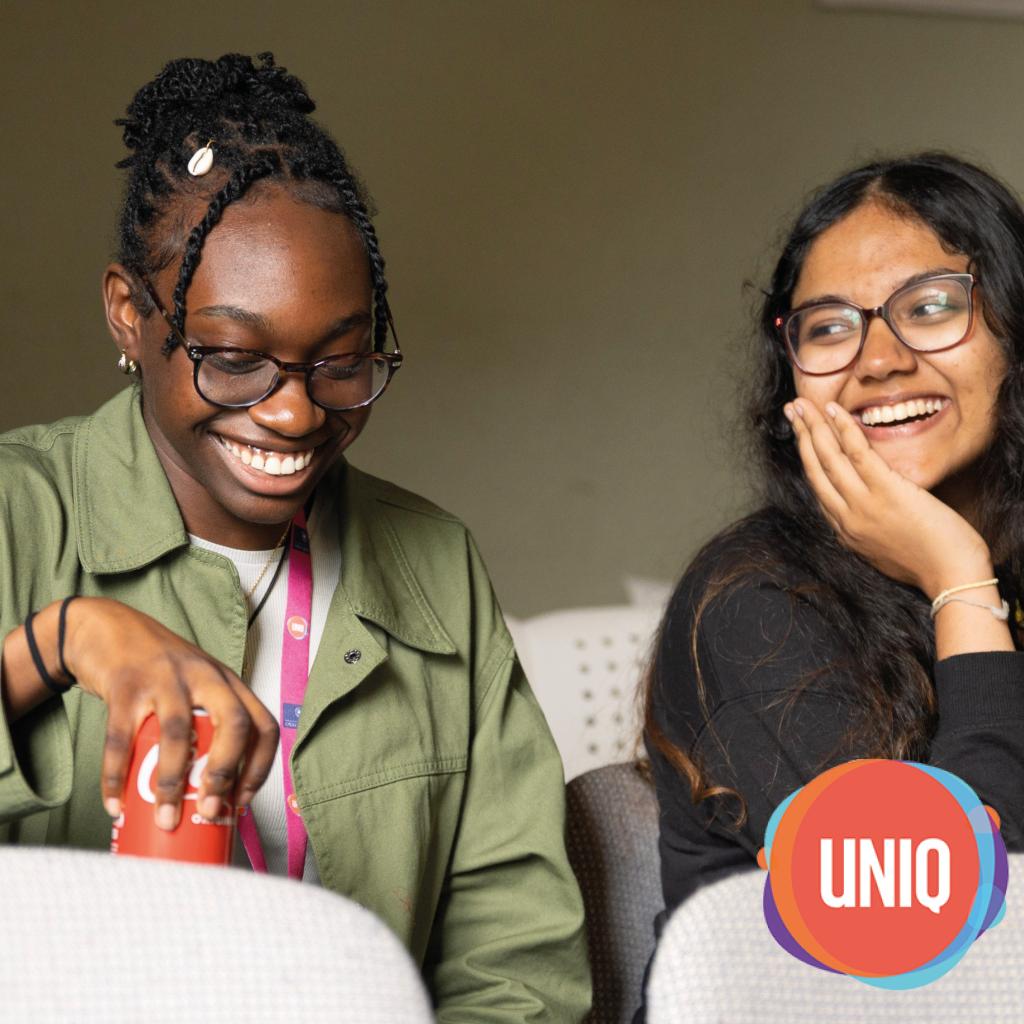In December 2024, we launched our annual Flash Fiction competitions, which closed at the end of March. The competitions were open to students in Years 7 to 13, who were tasked with writing a short story of no more than 100 words in French and/or Spanish.
We had an incredible response, with entries coming in from all areas across the country! In total, we received over 1200 submissions across the two languages!
We would like to thank everyone who entered the competition and commend you all for your hard work and creativity in writing a piece of fiction in a different language. This is a challenging exercise, and a significant achievement – congratulations all!
We are delighted to be able to announce the winners, runners up, and highly commended entries for each language below. We will be publishing the stories over the summer so you can read them for yourselves.
French

In the Years 7-9 category, the winner is Alexandra Davies. The runners-up are Christian Thomas and Poppy Simblet.
The judges also identified the following entrants as highly commended: Tabitha Bridgeman, Sarwin Shangar, Ellie Malloch, Jemima James, Prem Patel, Dhilan Thanki, Laonie Caron, Silvia Herratt, and Eva Gracovia.
In the Years 10-11 category, the winner is Ayami Ginneliya. The runners-up are Benedict Onalo and Arthur Mourot.
The judges also identified the following entrants as highly commended: Maryam Zulqarnain, Will Eyre, Todd Graham, Zara Amjad, Faith Obum-Uchendu, Elizabella Macleay-Wood, Florence Datta, Izzy Anderson, Aayushi Dhelaria, and Antoinette Aluge.
In the Years 12-13 category, the winner is Sela Keliane Diasivi. The runner-ups are Nini Ren and Ka Kin Andreas Lam.
The judges also identified the following entrants as highly commended: Sofia McAllister, Dominica Kay-Shuttleworth, Eddie Henderson, Eva Saunders, Preona Mohan, Gia Namoa, Luke Roberts, Amelia Richardson, Andreea Denisa Taranu, and Annabelle Lavin.
The French judging panel were very impressed with this year’s submitted stories, and commented the following about all the entries:
Thank you all for another year of delightful and intriguing stories. In just a hundred words, you impressed us with pieces about family love, mischievous cats, talking music boxes, aeroplane fiascos, mysterious mirrors, alien invasions, snail restauranteurs, and doner kebabs. We particularly enjoyed the creative range of literary styles: verse poetry and prose, theatre and slang, riddles and tongue-twisters. Congratulations to all of you for your courage in experimenting with language in such fascinating ways.
Spanish

In the Years 7-9 category, the winner is Grace Fulcher. The runner up is Willa Stevenson.
The judges also identified the following entrants as highly commended: Qaya Anand, Benjamin Brown, Maria Temowo, Sai Sudharshana Sathish Kumar, Ella Gabso, Momore Sina-Atanda, Kimora Newby, Chloe Crowther, Jasparan Leeson-Kings, and Zaynah Arshad.
In the Years 10-11 category, the winner is Anonymous. The runners-up are Jaami Sheikh and Jaya Sharma Patel.
The judges also identified the following entrants as highly commended: Cecilia Linden, Anonymous, Anonymous, Tulaxsaa Sutharsan, Ilana Bartlette, Kashvi Maharshi, Isabel Marchi-Abatti, Jasmine Dix, Madeline Sandford, and Lalith Surapaneni.
In the Years 12-13 category, the winner is Gabriel Dada. The runners-up are Lydia Furniss and Ohemaa Ofosua Bruce Oppong-Agyare.
The judges also identified the following entrants as highly commended: Heloise Morel, Mahi Sainani, Melissa Muthama, Monica Singh, Thea Spackman, Yuet Ching Gabrielle Kam, Samiah Iqbal Kausar, Luke Roberts, Gagani Katugampala, and Amelie Pugsley.
The Spanish judging panel were very impressed with this year’s submitted stories, and commented the following about all the entries:
We greatly enjoyed reading all of this year’s entries and, as always, were impressed with the level of creativity and inventiveness. We particularly liked the stories that were playful with their perspectives and structure, which we could see had come from moments of personal thought and showcased different opinions and ways of seeing. It was wonderful to see a good command of Spanish throughout, as well as an ability to manipulate the language imaginatively.
****
Huge congratulations everyone – you should be very proud of your achievement!

